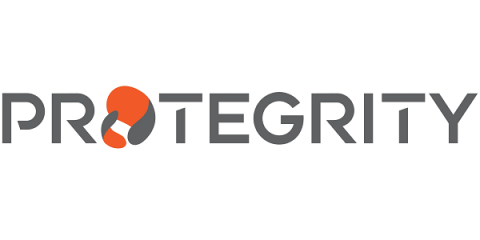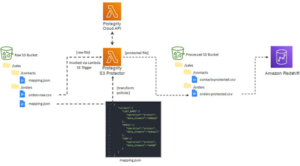Moody's Analytics Uses Protegrity Pseudonymization to Protect CID Data
The data protection landscape is changing. The rapid adoption of cloud and software as a service (SaaS) greatly affects the financial industry, where many institutions rely on SaaS vendors for data protection previously implemented in-house. Moody’s Analytics relies on cloud service providers (CSPs) to adequately protect its data, showcasing the need for scalability, industry cost controls, and flexibility.





